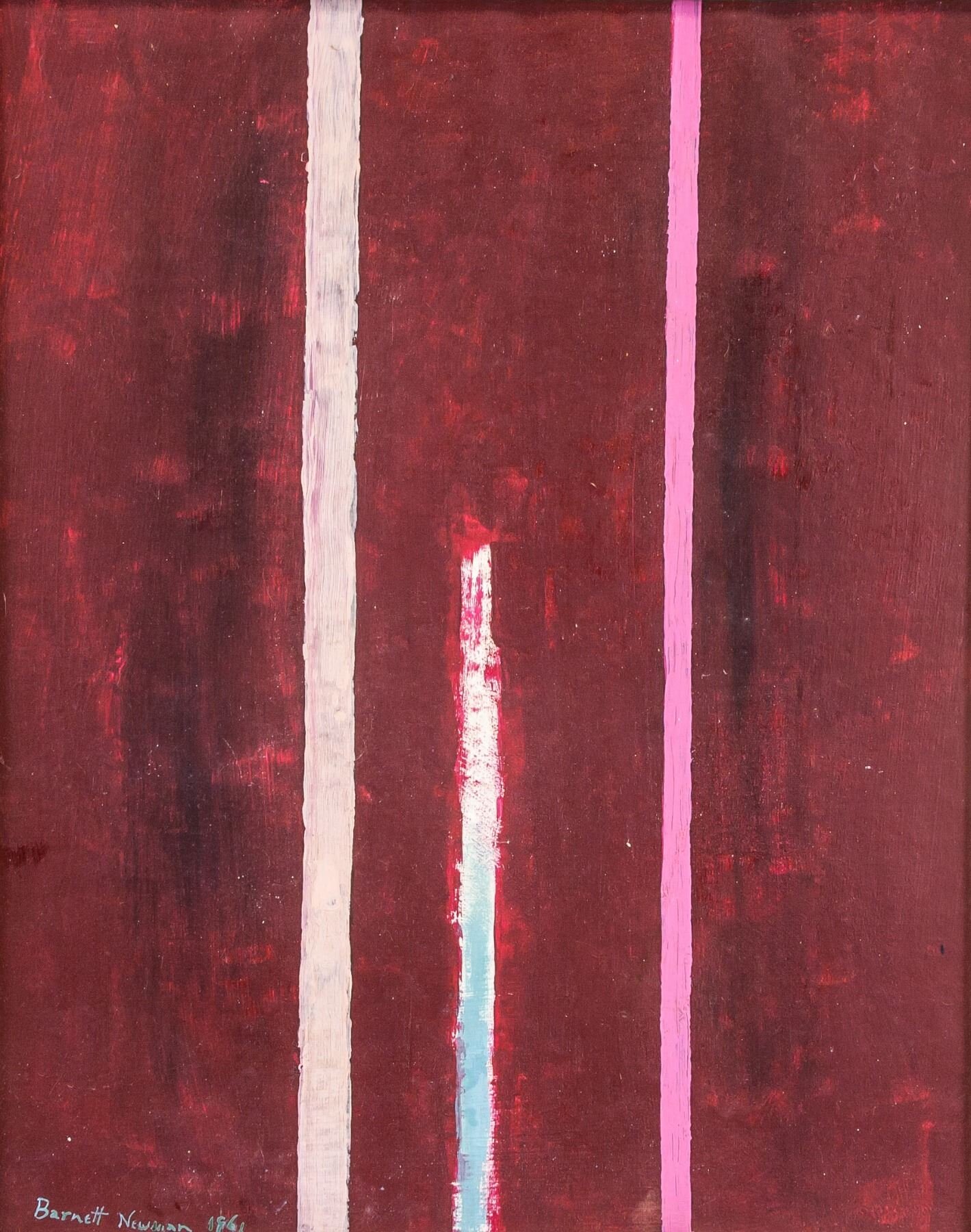The Symptoms
When someone thinks about themselves as an addict, they typically think in terms of the “alcoholic” inside Alcoholics Anonymous jargon. Namely: once an addict, always an addict. If it keeps someone from ever smoking another cigarette and falling back into a pack-a-day habit after years of abstinence, fine. But it happens to not always be true. Much, much more importantly, this attribution of a fixed diagnosis to a not-necessarily-fixed psychological tendency is paradigmatic of the lay discussion on mental illness. The equation (where a scientific sounding label equals an inescapable truth of who a person is and could ever be because science says so) at some point leaked out into the self-conception of so many of our psychological experiences.
How many people in your life have self diagnosed social anxiety? Why is that so bad? Because once someone “has” social anxiety, it is a feature of how they function and an inescapable one at that.
There is a parallel line of thinking in our culture where we are expected (rightly, in most cases) to be understanding and considerate of neuro-divergence. While well intentioned, the introduction of this belief stirred into the medicalisation of our own self-conceptions creates the real witches brew. A self diagnosis is not only a way to set proper expectations of yourself but also a claim for special consideration on behalf of the community. The social group is now responsible for managing any personality trait or habit that you have self diagnosed as mental illness — regardless of the validity of your self diagnosis.
It’s time to compare two examples.
Someone notices that they have trouble making new friends after college. In the years after school, their reduced socializing led to nervousness when interacting with new people. This person might then decide to do something about this, to solve their problem because it is their problem. They swallow hard and step into the line of fire and withstand the anxiety of social interaction with new people until they learn how to make friends as an adult.
But if someone in the same situation decides that they have developed social anxiety disorder, then the issue of dealing with these feelings transforms from a personal responsibility to a social one. “You have to put up with my social anxiety and create spaces where I can interact and/or benefit at the same level as those without it,” says so much of the contemporary discourse. The person with social anxiety disorder can not be expected to easily and openly interact with new people, nor are they expected to change this feature of themselves.
To a certain degree, of course we should make efforts to craft social spaces that are welcoming to all people. We should aspire to make all people feel comfortable and to take them as they come, and we can change the way things are done to be more inclusive of the neuro-atypical whenever we can. That being said, we are all of us variants from the “typical”, lacking in certain life skills. In some, these variations are in the extreme. And it is hard to see how we can optimize social spaces for all people without reducing the benefit of the spaces for the vast majority.
If we want to take part in the social realm (not just for socializing but also participating in public life) then we have to, as much as we can, adjust ourselves to fit the social. The nature of the social realm is that it is not personalized. Demanding a personalized experience of the social is not possible for all people because the social has to take into account so many different human needs, many of them contradicting across individuals. And so, while the social realm should make an effort to be inclusive, likewise individuals should make an effort to fit into the social realm. That the fits are not always perfect is sub-optimal but unavoidable.












